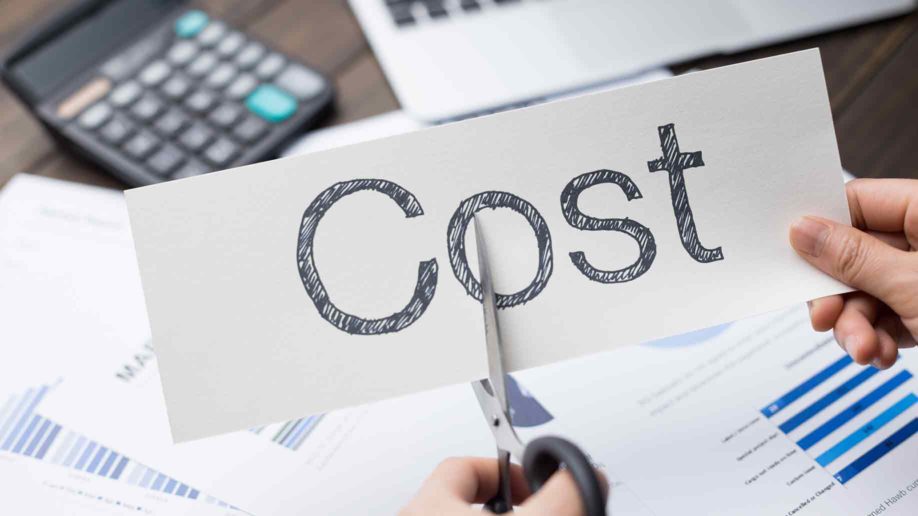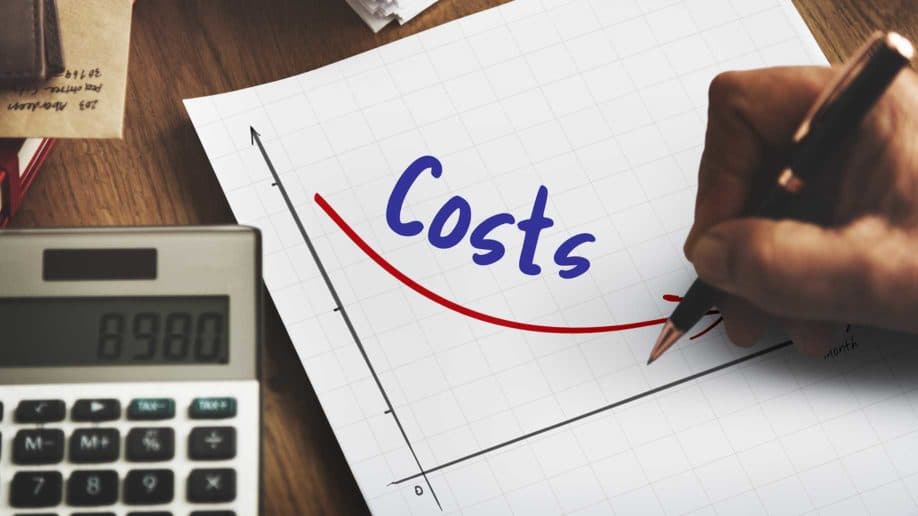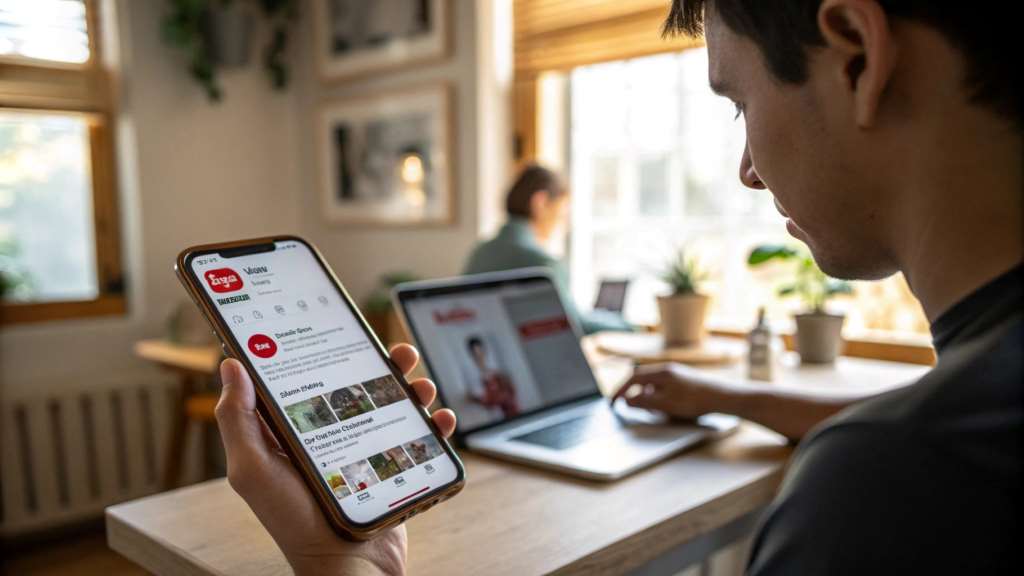3 ways for small businesses to reduce business costs
The beginning of business is inextricably linked not only with investments, but also with the economy regime. Owners of small businesses are trying to save on everything they can. Therefore, some of our readers after reading the title could well have a skeptical grin on his face: “What do you know about saving. I’ve already stung everywhere wherever I can.” Let me disagree with you and suggest three more ways that you can save your money …
1. Thorough audit
Carry out a thorough audit of all your expenses. This may not be as easy as it seems at first. After all, as practice shows, many small businesses do not have an accountant in their staff who could immediately answer some seemingly simple questions.
Audit should include an analysis of everything:
- The pricing of suppliers (whether the purchase prices are too high)
- Pricing your products or services (they are not too cheap)
- Salary of employees (you may overpay employees, while they work on their sleeves, or vice versa – they are underpaid for conscientiously performed work, as a result of which they have no motivation to work conscientiously and increase sales volumes).
- Opening hours (your work day is too long, as a result of which you pay employees for wiping your pants, or your work day is too short and you do not use the full working capacity at full capacity).
- Operating costs (rent of premises, utilities, Internet, telephone, fare, cleaning, insurance, state and local taxes, payment of legal services, etc.).
- Other (food costs, purchase of office supplies, subscription to business publications, courier services, courier payment and everything else you can think of).
Even such a simple thing as installing a coffee machine can not only help to save, but even increase income. What is better – to buy banks with coffee weekly to ensure coffee breaks of employees or to get a small percentage of sales in a coffee machine?
2. Increase in the volume of purchases for greater economy
Do you know that many companies are ready to make an additional discount for a large and varied order? Simply ask the supplier a question and, perhaps, you will be surprised what attractive pricing assumptions you can get for a wholesale purchase.
Continue Reading: Three Smart Ways to Save Money For Your Small Business
How it works?
- Determine your current needs and constant needs, volume and regularity of purchases.
- Contact several suppliers and ask them for a price offer on the key points for you. Also, it is not superfluous to ask them for additional information, perhaps you will need to do a very small order to get the most advantageous offer.
- Choose from the best offers.
Please note that not always a cheaper offer is the most profitable. Think in the future, perhaps the same office supplies, paper or ink for printers will be much more profitable to buy in bulk at once for a year than in the required quantity at the moment.
3. Savings on utilities
Most small businesses do not pay attention to the fact that they spend much more on utilities than they really need. Where can you cut costs here?
First, electricity. Many employees do not turn off computers and office equipment for the night, leaving the machines in sleep mode. Enter the rule completely off. It is worthwhile to optimize the length of the working day. Perhaps, if you cut your work day by just an hour and shift the working hours in one direction or another, you will be able to capture more natural lighting, which will help to save on artificial. And after installing the motion sensors, your electric lamps will shine only if someone is present in the room and go out immediately after the visitors leave.
Secondly, heating. Having installed devices for monitoring heat and air temperature in the room, it is possible to more effectively use thermal resources. To raise the temperature during the working day and smoothly lower it for a certain time before the employees leave for homes.
Thirdly, hot water. If in your office warm water comes centrally, it is worthwhile to think about installing a boiler. So you will refuse to pay for unused cubic meters (and even if there is a counter, their cost for commercial enterprises is higher than for individuals), you will always have hot water in the right amount, not only with the permission of the public utilities, and the right temperature (moderately hot or cold, depending on the current needs and the time of the year outside the window).
You may also like http://optimaspecialty.com/business/56-of-advertisers-will-invest-more-in-digital-platforms-to-reach-multicultural-consumers/












Post Comment